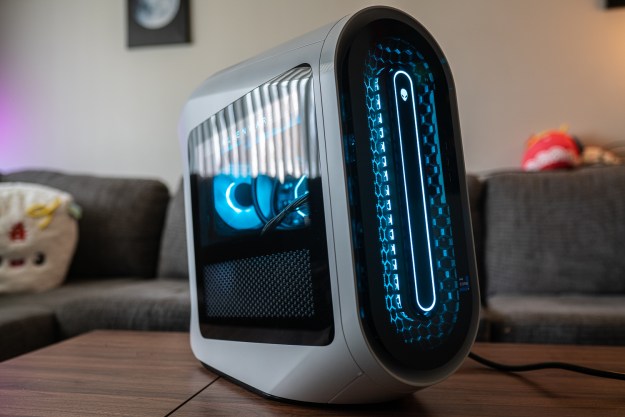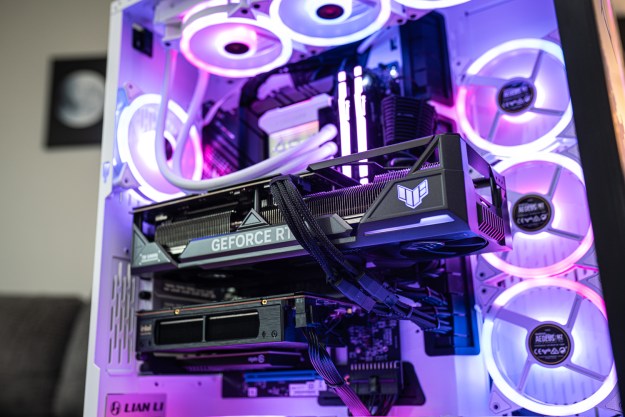The Sega Genesis was an incredible system when it was launched in 1989. Featuring hit franchises such as Sonic and Mortal Kombat games, the console was able to go toe-to-toe with the SNES games — an impressive feat when you look at all the series only available on Nintendo’s system. But the Genesis was no slouch in the games department. Not only was it home to exclusives such as Streets of Rage 2 and Altered Beast, but it also made use of a unique subscription service called Sega Channel. This gave owners rotating access to some of the best titles the system had to offer, much like PlayStation Plus and Xbox Game Pass do today.
While Sega would eventually abandon its role as a console manufacturer, the Genesis stands as a crowning achievement for the company. Whether you were looking for a brutal platforming game or a laidback aquatic adventure, the console had it all. Without further ado, here are the best Sega Genesis games of all time.
Action
Michael Jackson's Moonwalker

Comix Zone

Pulseman

Streets of Rage 2

Gunstar Heroes

Action-adventure
Ecco the Dolphin

The Lost World: Jurassic Park

Fighting
Samurai Shodown

Super Street Fighter II: The New Challengers

Fatal Fury

Mortal Kombat II

Platformers
Sonic the Hedgehog 2

Earthworm Jim

Puzzle games
Dr. Robotnik's Mean Bean Machine

Originally called Puyo Puyo in Japan, Mean Bean Machine received a name-change as well as new art direction, being remade as a Sonic-themed game for the Western release. It is a tile-matching puzzle game in which players control grids into which various colored beans will fall. Players must move the beans around, trying to group at least four of one color together to cause the beans to disappear. If a player’s grid fills with beans, they lose. The goal is thus to continue clearing your side of beans for as long as you can. Mean Bean Machine includes a few different modes to play. Scenario Mode pits players against a variety of enemies accessible via 13 individual stages, which eventually culminate in a battle with Sonic villain Dr. Robotnik. Exercise Mode is a sort of endurance test, gradually increasing the speed the beans fall as time goes on. Last but not least, Vs. Mode allows two players to battle one another, much like the original Tetris. Dr. Robotnik’s Mean Machine is a rapid and addictive puzzle game, simple and timeless. The game is available on the Sega Genesis Mini.
Role-playing
Phantasy Star IV: The End of the Millennium

Sword of Vermilion

Shadowrun

Beyond Oasis

Phantasy Star II

Shining Force II

Sports
Madden NFL '94

NBA Jam

Strategy
Herzog Zwei

Dune: The Battle for Arrakis

ToeJam & Earl

The game leaves a lot to be desired in terms of graphics that make the original Zelda look modern and pacing that feels too rushed to make it fun. However, the game has a fun, nostalgic 90s style complete with a colorful world, fun characters, and humor. Since you’ll spend most of your time wandering among the various stages, you’ll have plenty of time to explore the worlds. Several temporary power-ups boost your movement speed to help you beat enormous hamsters, bees, and other opponents. The game ups the stakes with wrapped gifts that deliver either useful superpowers or massive obstacles. For example, a good gift might give you the power of flight or teleportation. A lousy gift might end your game by taking a life or draining your health. There’s no way to know which one you’ll unwrap – a little like real life. Players can opt for single-player or co-op mode. If you play alone, you’ll go through a storyline that follows Wiener and Funklord, while co-op lets you play directly with other gamers. ToeJam & Earl’s upbeat, Herbie-Hancock vibe of the soundtrack is excellent, and you can play it on the Sega Genesis Mini.
Editors' Recommendations
- 10 best gaming monitors of 2024: tested and reviewed
- Best Buy deals: Save on laptops, TVs, appliances, and more
- This Lenovo gaming laptop with an RTX 4060 is $430 off
- Best gaming PC deals: Lenovo Legion, ASUS ROG, Acer Predator
- 10 best graphics cards of 2024: finding the best GPU for gaming







